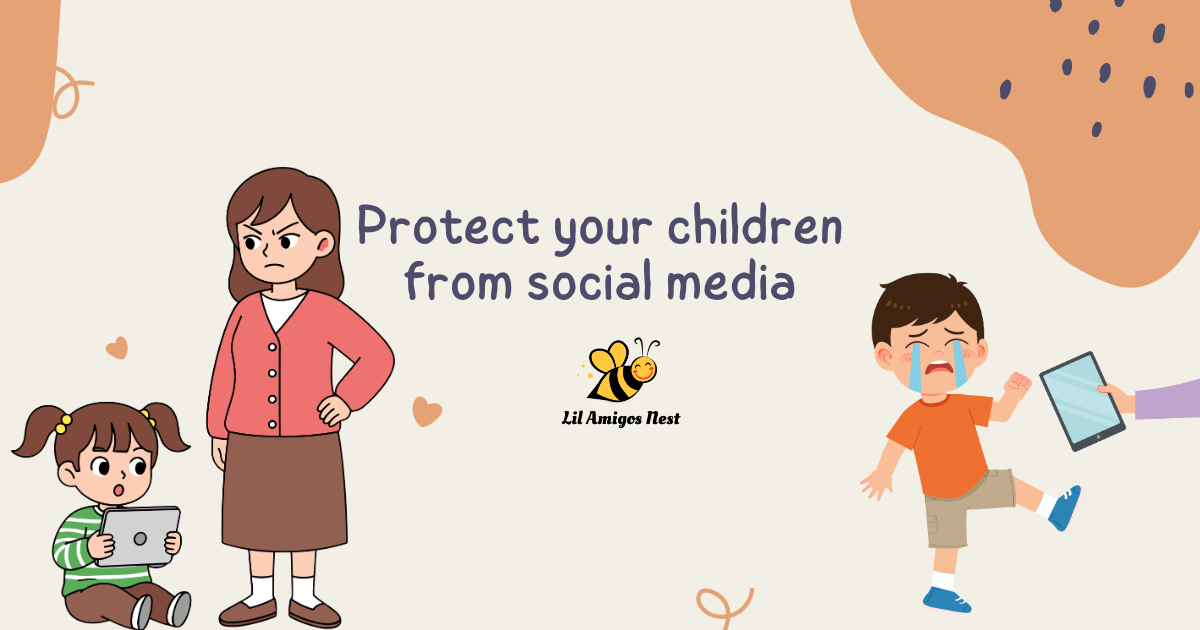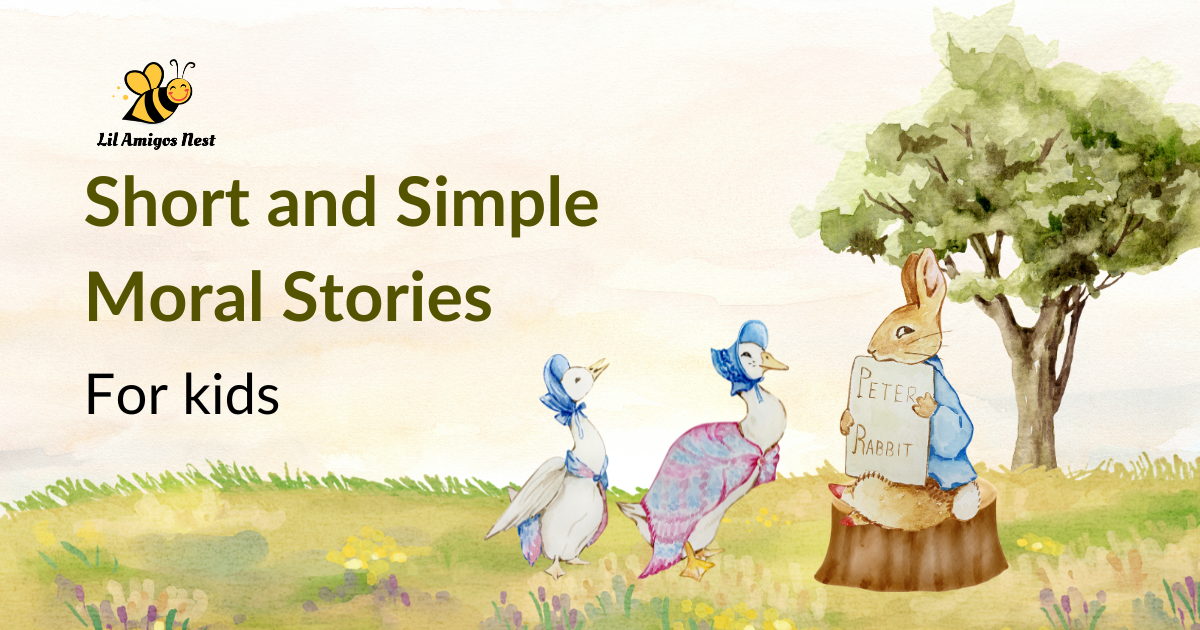Is Vaccination Necessary for Babies? And How Many to Give?

Why Vaccinations Matter for Your Baby
When you become a parent, your baby's health becomes your top priority. One of the most important ways to protect your baby from serious illnesses is through timely vaccinations.
Vaccines help your baby's body build resistance to dangerous diseases. They teach the immune system to fight off infections before they become life-threatening.
By giving vaccines at the right age, you’re not just protecting your child, but also those around you.
Yes, vaccinations are necessary. Babies are born with some natural immunity, but it fades quickly. They are vulnerable to many infections early in life.
Vaccination gives your baby strong and lasting protection against diseases like measles, polio, hepatitis, and more. Many of these diseases can lead to serious complications if not prevented.
Skipping even one vaccine can leave your baby open to risks. Once, rare diseases were making a comeback in some areas due to missed vaccines.
You don’t need to remember every vaccine. A child vaccination chart is usually provided by your doctor or clinic. This chart tells you what vaccine is given and at what age.
Here’s a simplified version of the usual vaccination schedule for children:
-
At Birth: BCG, Hepatitis B, OPV (oral polio vaccine)
-
6 Weeks: DTP, IPV, Hib, Hepatitis B, Rotavirus, PCV
-
10 Weeks: Second dose of DTP, IPV, Hib, Rotavirus, PCV
-
14 Weeks: Third dose of DTP, IPV, Hib, Hepatitis B, PCV
-
6 Months: Optional flu shot
-
9 Months: Measles or MMR (measles, mumps, rubella)
-
12 Months: Hepatitis A
-
15–18 Months: Second dose of MMR, Chickenpox, PCV booster
-
2 Years: Hepatitis A second dose
-
4–6 Years: DTP booster, second MMR, IPV
Your doctor may adjust this depending on your baby’s health, travel, or local disease outbreaks.
Each vaccine fights a different disease. Your baby's immune system is still growing and needs help to fight off infections it hasn't faced before.
Vaccines are spaced out to match your baby’s growth and immune development. Some need multiple doses to build strong immunity.
It's completely normal to feel overwhelmed. But following the recommended vaccine schedule gives your baby the best start.
You might hear conflicting information from friends, family, or online sources. It’s okay to have questions. Let’s clear up a few common doubts:
“Are vaccines safe?”
Yes. All vaccines go through strict safety checks before they’re approved. Side effects are usually mild—like slight fever or swelling.
“Can vaccines overload the immune system?”
No. Babies come into contact with thousands of germs daily. Vaccines are just a tiny portion compared to what your baby’s body already handles.
“Is it okay to delay some vaccines?”
It’s best to follow the child vaccination chart. Delays can leave your baby unprotected when they need it most.
Here are a few parenting tips to make the process easier:
-
Keep a record: Save all vaccination cards and notes from your doctor.
-
Prepare in advance: Carry your baby’s essentials for comfort—milk, diapers, a toy.
-
Soothe afterwards: Fever and fussiness are common. Give lots of cuddles and stay calm.
-
Consult your doctor: If the fever lasts more than 48 hours or the swelling seems odd, don’t hesitate to call.
Life happens. You may miss a visit due to travel, illness, or personal reasons. Don’t worry—catch-up vaccines are possible.
Consult your pediatrician. They will guide you on how to adjust the schedule. What matters is getting back on track as soon as you can.
Getting one or two shots is not enough. Some vaccines require multiple doses and boosters to give full protection.
Stopping halfway leaves your child exposed. Completing the vaccination schedule for children helps ensure long-term safety.
Remember: a small prick today can prevent a serious illness tomorrow.
When your child is vaccinated, it reduces the chance of spreading disease to others. This is known as community protection or ‘herd immunity.’
This is especially important for babies too young for certain vaccines and people with weak immune systems.
So, by vaccinating your child, you’re doing your part in protecting others, too.
The health field keeps evolving. New vaccines may be added to the baby vaccination list. It’s a good idea to:
-
Visit a trusted pediatrician regularly
-
Follow parenting blogs for updates
-
Ask your doctor about new vaccine options
Staying informed ensures your baby stays safe and healthy.
Vaccinations are one of the most powerful tools in your parenting journey. With the right vaccine schedule, you give your baby a shield against dangerous diseases.
You don’t have to know everything. Just stay aware, ask your doctor when in doubt, and stick to the plan.
Being a new mother can feel overwhelming, but you’re not alone. Use reliable sources, trust science, and know that you're doing what's best for your baby.
Healthy beginnings start with informed decisions. And vaccines are a big part of that start
-
Vaccines are safe and essential for babies
-
Follow the recommended vaccination schedule
-
Keep records and consult your doctor if unsure
-
Catch up on missed vaccines quickly
-
Vaccinating your child helps protect your entire community
This is not just a checklist—it's your baby’s health plan. One step at a time, you’re building a strong, healthy future.






















Please complete your information below to login.
Sign In
Create New Account